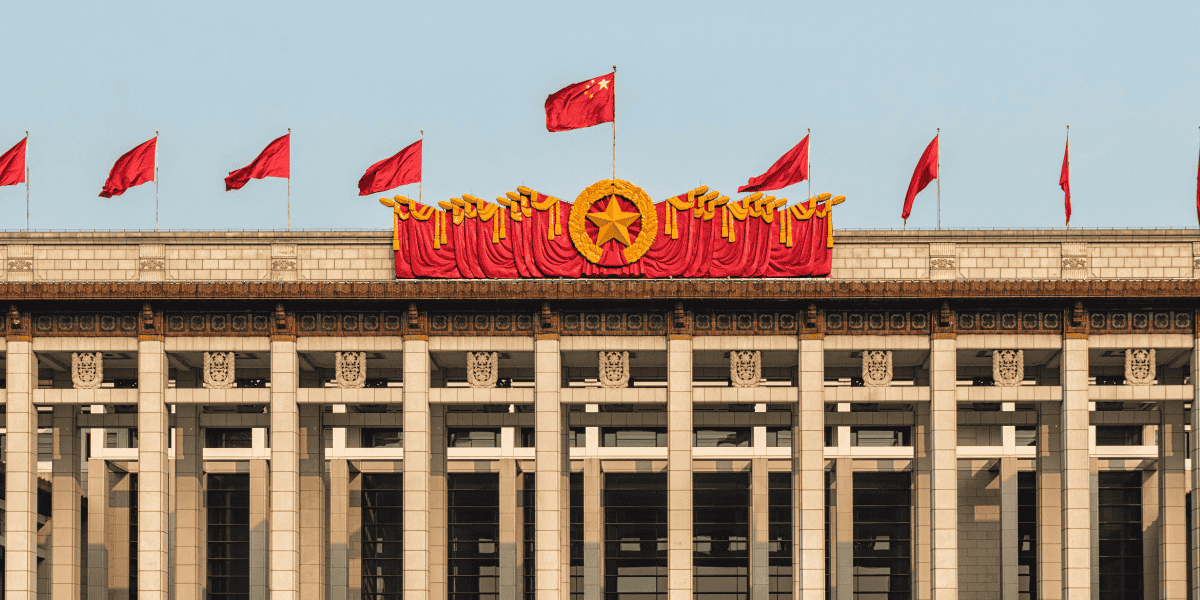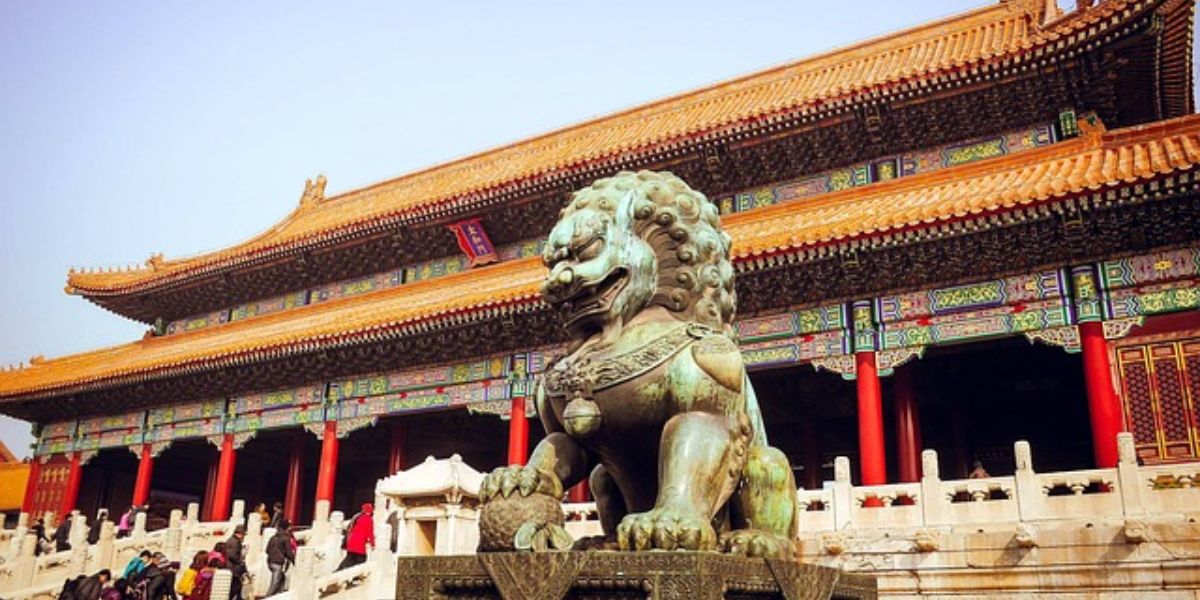On 2 November 2015, China’s State Administration of Taxation, Ministry of Finance and the Ministry of Science and Technology jointly released Cai shui [2015] No.119 to provide expanded scope and follow-up guidance of qualified industries and research and development (R&D) expenses eligible for the super deduction. This Notice will take effect from 1 January 2016.
Circular 119 expands the following scope by:
- Providing two “black lists” consisting of six industries and seven activities, that would disqualify the R&D super deduction.
- Defining the qualified R&D activities and covered industries that are eligible for the super deduction policies.
- Under the China Corporate Income Tax Laws, qualified R&D expenses could be deducted, or amortized if capitalized as intangible assets, at 150% of the actual incurred costs.
- Clarifying that R&D expenses for outsourced R&D, group cost sharing and cooperative development activities are eligible. The outsourced R&D expenses would be subject to an 80% limitation of actual costs incurred and exclude overseas outsourcing fees.
The following industries are excluded from the super-deduction:
- Real estate;
- Tobacco manufacturing;
- Accommodation and catering services;
- Wholesale and retail trade;
- Leasing and commercial services and
- Entertainment.
The following activities are excluded from the super-deduction:
- Direct application of an achievement in science research, for example, adopting a new technique or device directly;
- Ordinary changes made to existing products, services, techniques, materials or processes;
- Marketing research, efficiency reviews or management research;
- Regular updates of products (and services) made on a routine basis;
- Quality control, test analysis and maintenance as a stage in an industry process or on a regular basis;
- Research on social science, art or humanities; and
- Technical support to customers after the commercialization.













